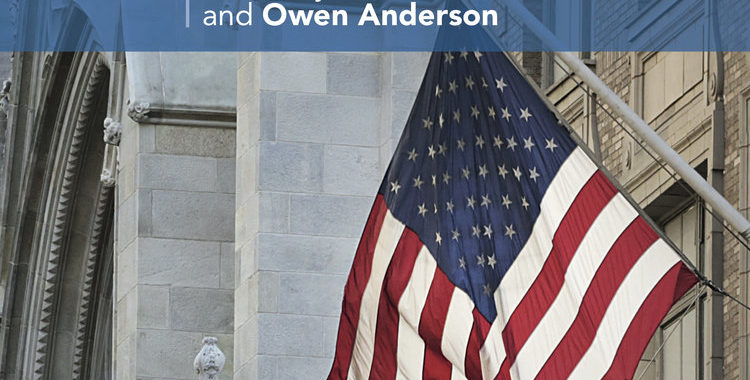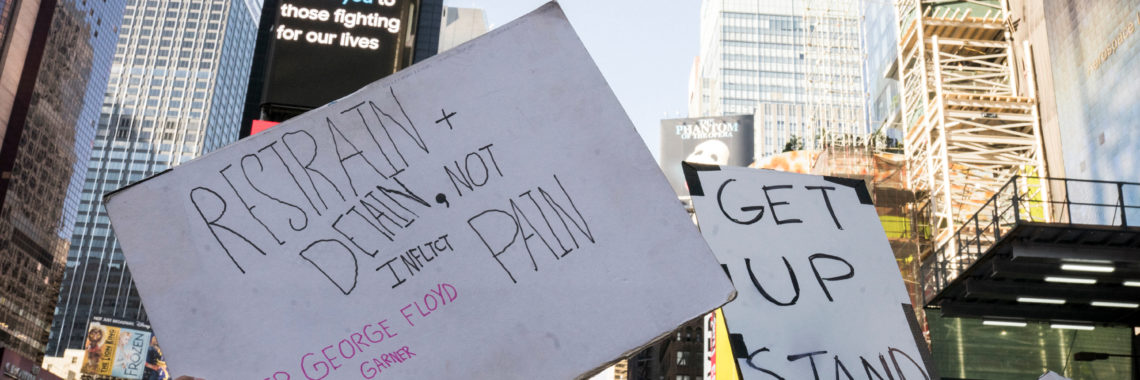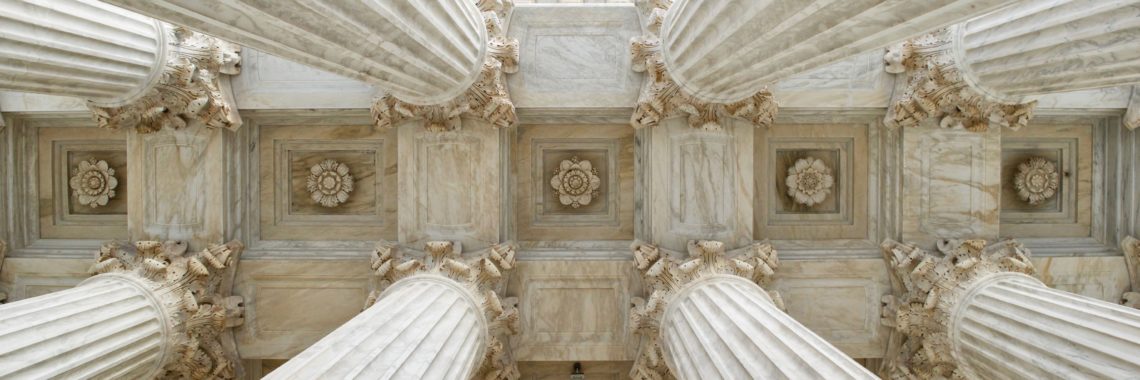“REVIEW: The Cambridge Companion to the First Amendment and Religious Liberty” by Breidenbach and Anderson
The Cambridge Companion to the First Amendment and Religious Liberty edited by Michael D. Breidenbach and Owen Anderson Review by Lael Weinberger Religious liberty has been the subject of lots of debates over the course of American history. The founding period saw debates about state establishments. The nineteenth century was marked by the public-school “Bible…











